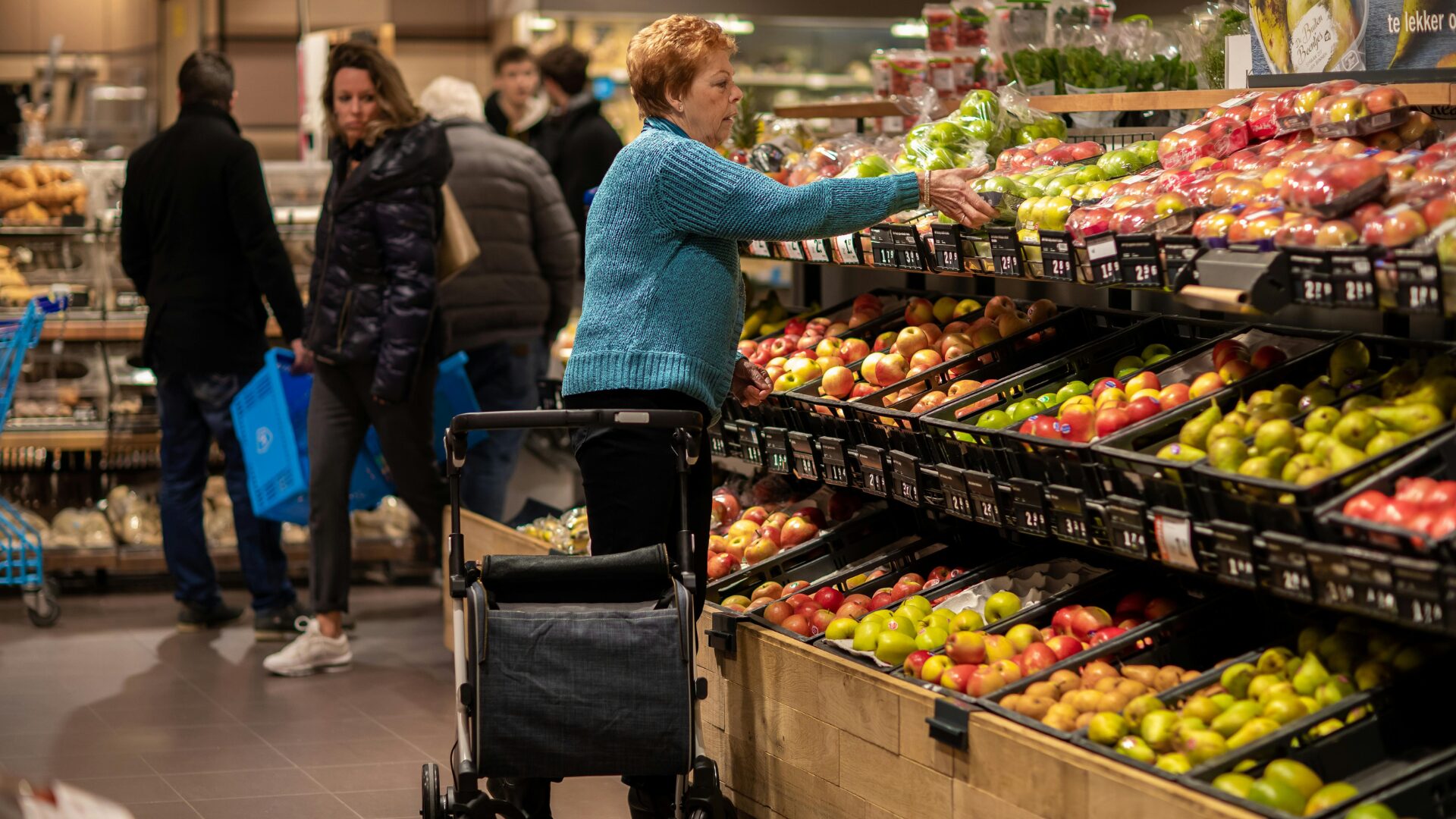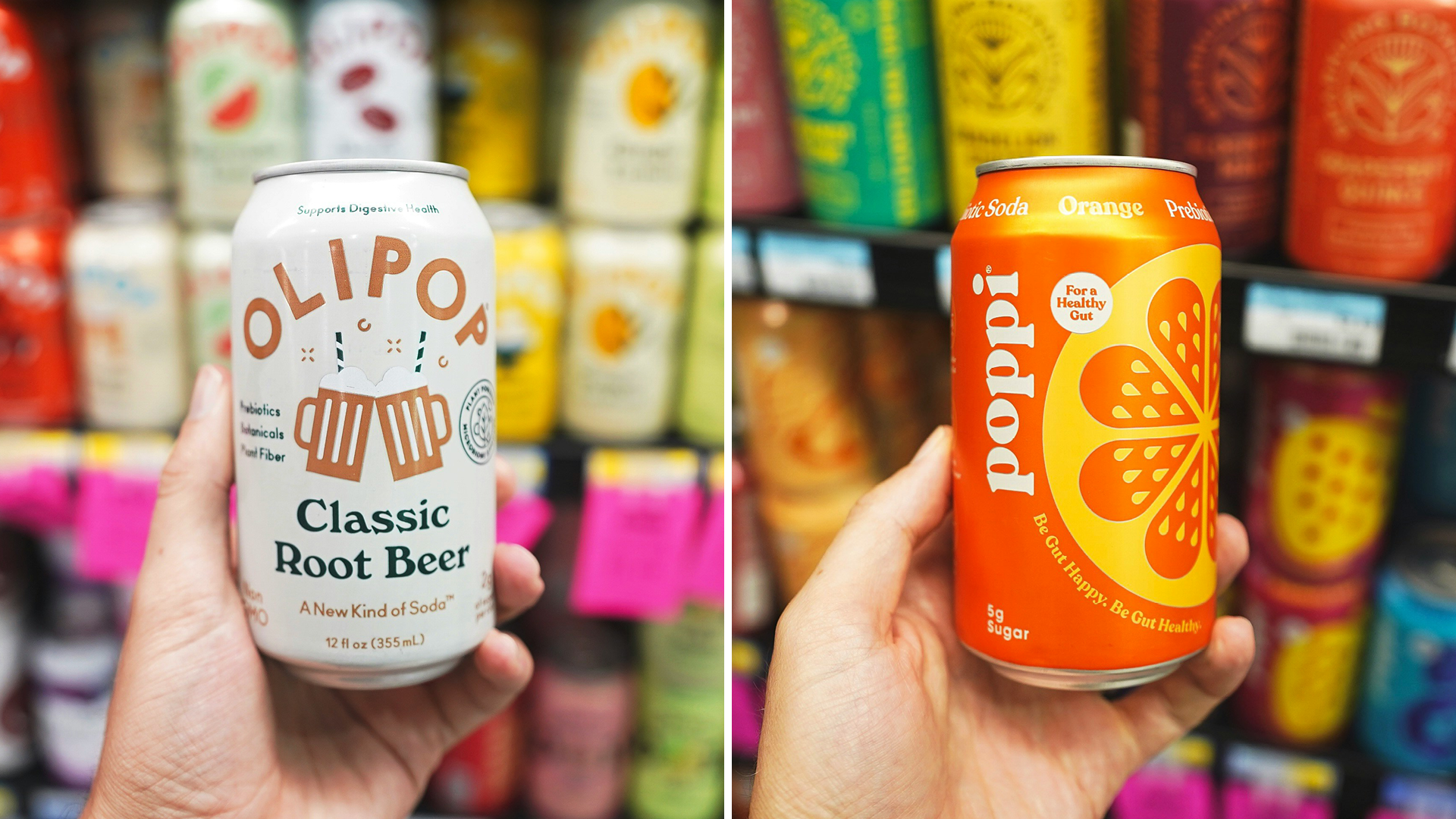While COVID-19 is playing havoc on many food businesses, one segment that experienced an uptick in business since the pandemic is the meal kit industry, with companies like Blue Apron and HelloFresh experiencing noted growth in the past few months.
Shares of Blue Apron soared 600% in three days, with a 150% surge on March 18 to $16.25 when it traded at $2.25 on March 16, reported Forbes (March 18). And while Blue Apron indicated a net loss of $20.1 million in first quarter 2020, it expected high single digit revenue growth in the second quarter as demand increased due to stay-at-home orders, reported MarketWatch (April 29).
Shares in HelloFresh also jumped to a record high in late March.
U.S. customers spent around $100 million on meal kits at retail stores in the month ending April 11, nearly double that period a year prior, according to Nielsen. Online meal kit sales grew 63% in the week ending April 15 from the previous year’s period, according to an analysis of transactions by Earnest Research. While Blue Apron is hiring staff to pack kits and support production, Home Chef is expanding capacity by using other Kroger production sites and commissaries that usually prepare meals for airlines, reported The Wall Street Journal (May 2).
Part of the reason for the growth comes from consumers being scared off from grocery stores or simply not finding what they need when they do go out and wanting easy meal solutions to make at home.
Accommodating Food Allergies
In his article featured in The Food Institute Report (April 13), Mike Schall, managing director on the food and beverage team at FocalPoint Partners, LLC, mentioned that a key recurring customer base for the meal kit industry, pre-COVID, was consumers with restrictive diets. He also pointed out that during the pandemic, when specialized food choices become difficult to find, meal solutions performed well by filling this need.
“Consumers following a dietary protocol turn to these companies because less mainstream ingredients can be difficult to find in many areas across the country,” Schall wrote. “In the current COVID-19 environment, food is more difficult to find for all consumers and physically shopping in a grocery store has a perceived risk.”
Not every meal kit delivery organization is certified allergen-free, but as meal kits grow in popularity, leading companies are catering to those with allergies.
Christina DelaCruz, nutrition manager at Berlin, Germany-headquartered HelloFresh, noted the company takes allergens and the handling thereof very seriously, which has helped it stay one of the biggest meal kit services in the U.S.
“We identify any specific ingredients in our recipes that contain the top eight allergens (see “The Big 8 Food Allergens“) on our website,” she said. “Under any ingredient containing the top eight allergens, you will find a statement specifying which allergens are present. Ingredients with pertinent allergens will also be identified as such on recipe cards. Similarly, nutrition labels will also identify and declare any of the top eight allergens present in a meal.”
Additionally, at the facility level, all HelloFresh ingredients are stored and segregated by packaging as added protection from cross-contact.
Dan Nguyen, RDN, nutritionist at HelloFresh, said this protection is at the same stringent level as the handling, storage, and display segregation achieved in typical retail establishments, such as supermarkets.
“We understand that the spectrum of severity for allergies is wide and so we leave it to the discretion of our customers to determine whether our meals are appropriate and safe to enjoy for them and/or their loved ones,” he said. “If they remain uncertain and require further assistance in their final determination, we encourage them to reach out to a healthcare provider for professional and individualized guidance.”
A spokesperson for New York-based Blue Apron noted that as an FDA-regulated food manufacturer, the company’s allergen management program is an essential component of its overall food safety plan.
“Our program begins with the review of allergen control in the food safety audits of prospective ingredient suppliers,” the spokesperson said. “We segregate and handle allergens following Good Manufacturing Practices in order to prevent cross-contamination in our fulfillment centers.”
However, Blue Apron advises its customers that ingredients are packaged in a facility that also processes milk, eggs, fish, shellfish, tree nuts, peanuts, wheat, and soy.
“The allergen information for each recipe can be reviewed online up to 1.5 weeks before the recipe is available so that customers can select recipes that meet their needs,” the spokesperson said. “Due to our just-in-time sourcing model, we may need to make an ingredient substitution, so customers should always check the ingredient package labels in their deliveries for the most up-to-date allergen information.”
Mary Morawetz, nutritionist at Marley Spoon, the parent company that owns and distributes both Dinnerly and the Martha & Marley Spoon meal kits, noted the company makes it a priority to be as transparent as possible with customers when it comes to food allergens.
“Because allergen information is provided for every ingredient included in our recipes, consumers have a clear roadmap for navigating our meal options,” she said. “While some of our customers choose to avoid certain meals altogether, others feel comfortable substituting their own ingredients when modifications are necessary.”
In addition, the company has an allergen management program in place to identify the risks associated with allergens and to document the procedures to control allergens through all stages of production.
Cooking from scratch can be an overwhelming challenge for individuals with food allergies, and many of these individuals do not feel comfortable eating food that has been prepared in a commercial cooking space (e.g. restaurant kitchens). Meal kits are offering accessible, restaurant-quality meals that can easily be prepared in a home kitchen.
By Keith Loria, journalist based in Oakton, VA. Reach him at freelancekeith@gmail.com.









